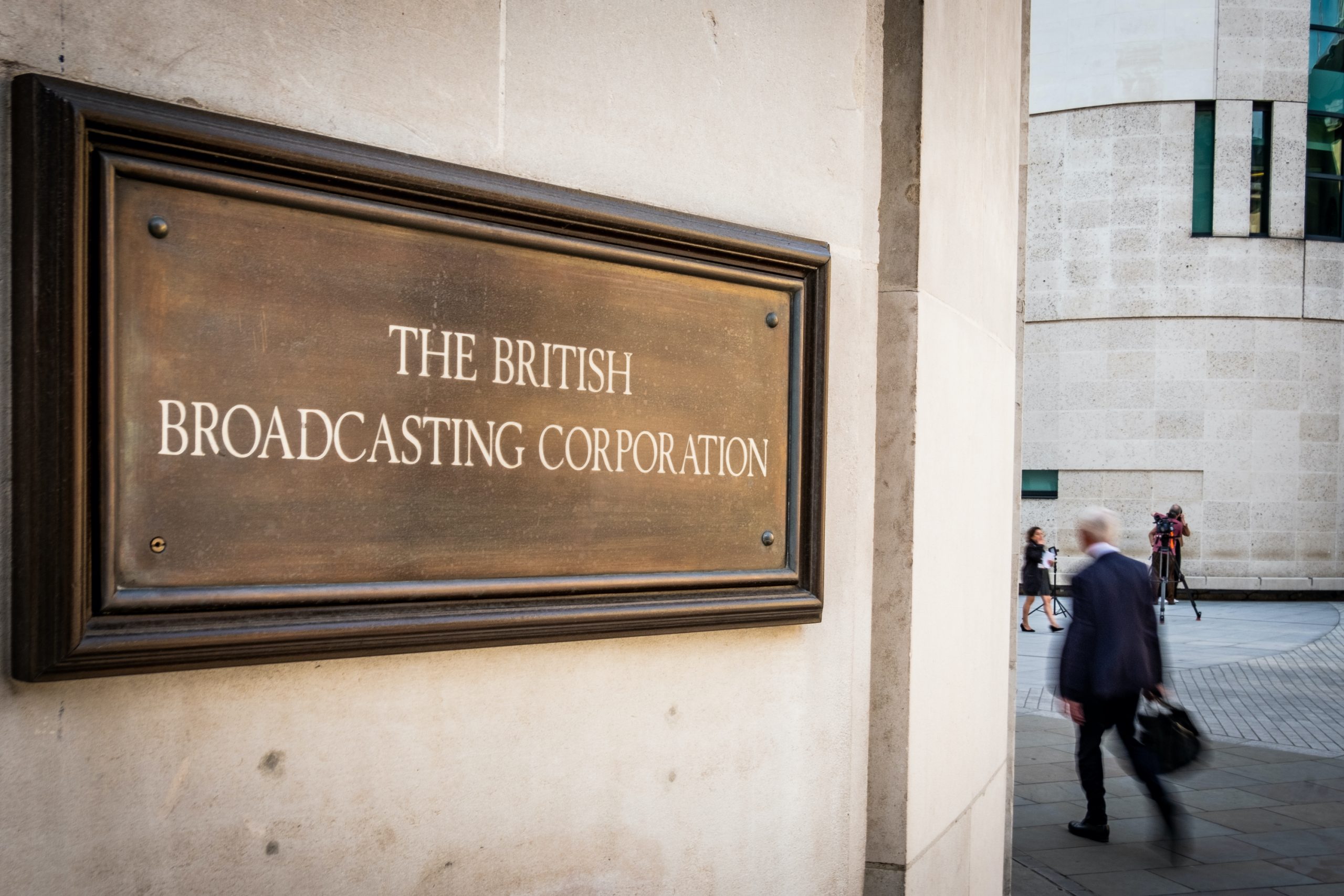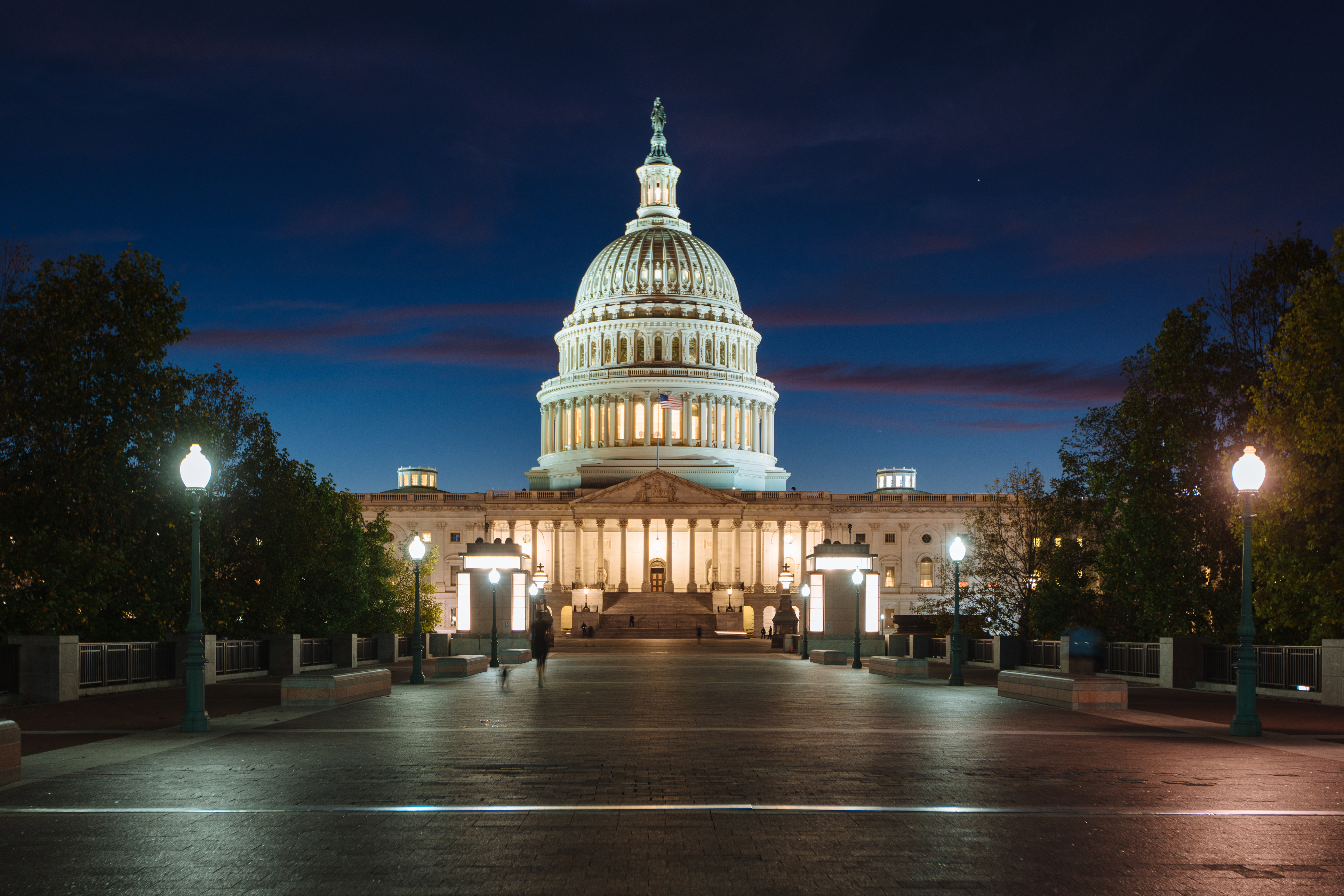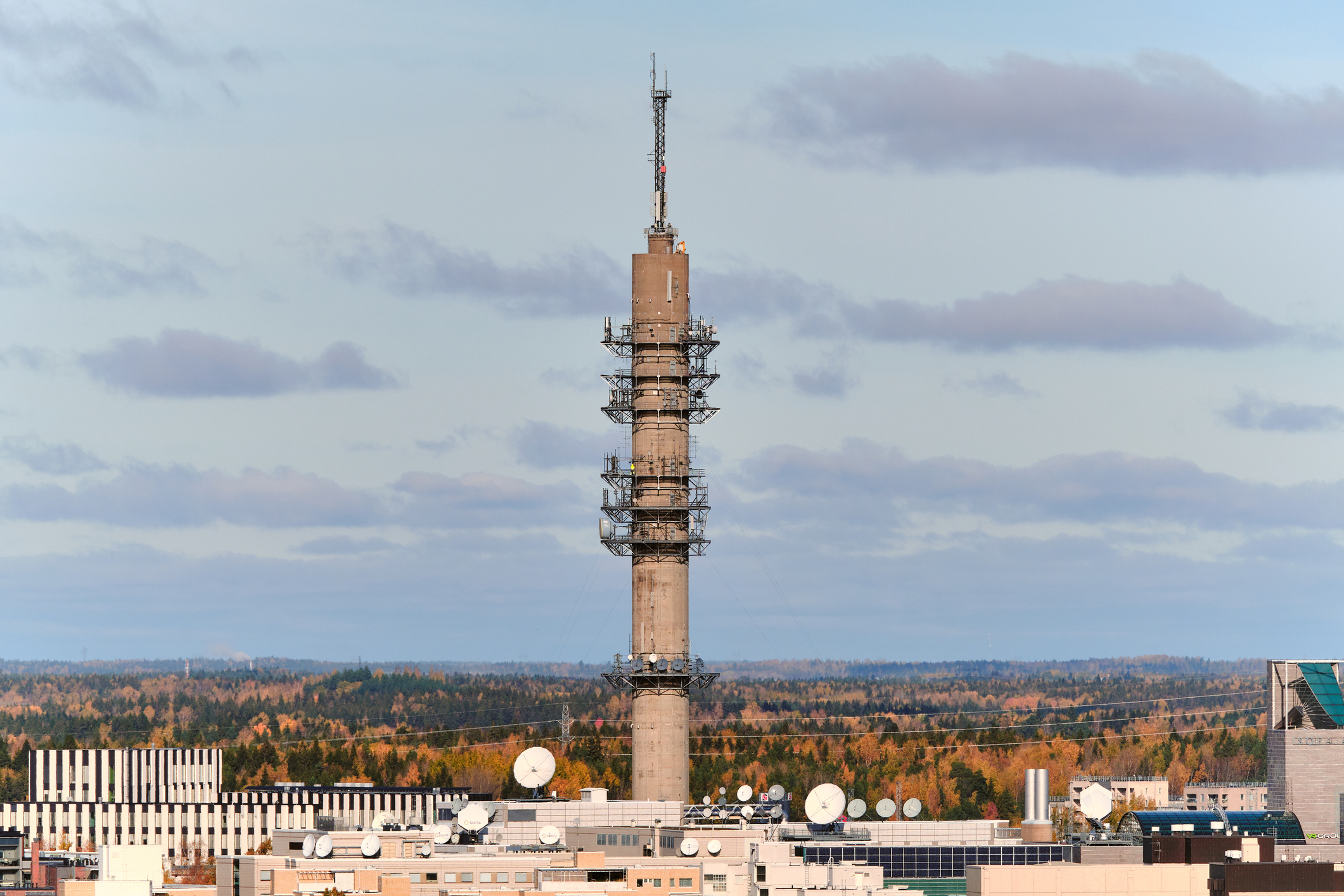The PMA Briefing
Public media and politics: debates over coverage, platforms and funding
13 May 2025
Controversy surrounds political representation on public broadcasters in Europe while attacks on PSM escalate in the US. In Slovakia, there are leadership changes at STVR while Uruguay’s Canal 5 resolves a backlash over proposed layoffs.
Germany & UK: Politics, parties and platforms
News media outlets in Germany are wrestling with how to cover the far-right AfD, which was earlier this month classified as extremist by the Federal Office for the Protection of the Constitution, but which is also gaining popularity as a major political player.
The German Journalists Association has called for journalists to adapt their reporting and make it clear that the AfD is not a “normal” party from the democratic spectrum. But that could be difficult when laws governing public media require fair political representation. And the AfD is no longer a fringe minority, reaching 20 percent support in this year’s election.
The association chair, Mike Beuster, said he doesn’t think a blanket ban makes sense. Instead, well-trained journalists and new formats are needed to prevent propaganda and agendas from being pushed into the media: “False statements and half-truths must not be allowed to go unchallenged.”
The two main public television outlets, ARD and ZDF, have said they have no plans for any kind of boycott, but would pursue “critical, journalistically sound examination of the AfD, its representatives, and their positions,” a ZDF spokesperson told Der Standard.
Separately, in the UK, media regulator Ofcom has proposed a change to the Broadcast Code around politicians being used as news presenters.
The proposal aims to make it clear that a politician cannot be used as a newsreader, interviewer or reporter in any type of programme, unless there is exceptional editorial justification. The current rule states that no politician may be used as a newsreader, interviewer or reporter in ‘any news programmes’.

UK: BBC’s international role amid budget uncertainty
The BBC is the UK’s most-recognised cultural export, according to research published by the broadcaster, and “unmatched” in driving favourable impressions of the country.
It also found the BBC was the most trusted international news provider amongst all audiences.
The research sought the views of international news providers from audiences around the world. The results suggested audiences consuming the Chinese state broadcaster, CGTN, and Russian state broadcaster RT, have a direct influence on their country’s respective favourability, with China showing a considerable increase over the past three years, particularly in African countries.
It comes as the BBC advocates for a funding increase for the World Service, which has suffered years of cuts while countries including Russia and China have pumped billions into their foreign media services.
But, according to a report in the Guardian, those pleas may fall on deaf ears, with the foreign secretary reportedly asking BBC bosses to draw up millions of pounds’ worth of cuts as part of a spending review.

Slovakia: New director plans to streamline STVR
The STVR Council has appointed Martina Flašíková as the new director. She had already been overseeing programming at Slovak Television and Radio (STVR) since April. According to Živé.sk, Flašíková plans to streamline the broadcaster’s programming, increase children’s content, and expand the organisation’s digital capabilities. She also aims to build a stronger network of regional and international editors.
Flašíková has stated that her vision for STVR is to “open space for many truths—so that the viewer or listener can freely decide, understand, and trust.” However, her appointment has drawn criticism from the political opposition, which views it as a troubling signal for the objectivity of public media. Former Prime Minister Igor Matovič said “choosing [prime minister Robert Fico’s former campaign manager] Flašík’s daughter as the head of radio and television is certainly a huge risk that it will soon be just another piece of government propaganda.”
The selection process also raised transparency concerns around its closed-door process and a perceived lack of transparency.

US: Attacks on PSM raise serious concern
The Trump administration’s attempts to redraw the country’s public media landscape are still raising significant concern, with a bout of recent cuts and attacks on journalistic independence.
On 1 May, president Donald Trump signed an executive order directing the Corporation for Public Broadcasting (CPB) to cease all funding for NPR and PBS, alleging biased coverage and asserting that public funding for news programming is “outdated and unnecessary.” CPB, NPR, and PBS executives intend to challenge the order in court.
A day later, in a second blow to the CPB, the US Department of Education cut its ‘ready to learn’ grant for educational children’s programmes. The department said the programme was “funding racial justice educational programming for 5-8 year-old children. This is not aligned with Administration priorities,”.
The future of the USA’s international public media also remains uncertain as a series of battles play out in the courts over funding for brands including VOA, RFE/RL and RFA. A federal court found the decision to strip RFE/RL of funding was unlawful, but delayed a decision on whether $12 million in funding should be restored.
Additionally, there are concerns Voice of America (VOA) could be repurposed for partisan propaganda.
Read more about VOA overhaul >>
Read more about RFE/RL pending appeal>>
Read more about CPB fund termination >>
Read more about the Executive order to cut public media funding >>

Uruguay: Conflict over possible layoffs and non payment of employees at Canal 5 resolved
In early April, the management of the National Audiovisual Communication Service, SECAN, declared it would dismiss key figures of the public television Canal 5 despite them having months left in their contracts.
According to La Diara, one of the reasons concerned a demand for exclusivity, which was not initially stipulated in the signed contracts. The press union APPTN took up the case and called on SECAN management to suspend the layoffs. The dispute between the union and the public media outlet also brought into the light other issues, including important salary payment delays.
The negotiations between the union and the newly appointed director of the Uruguayan public media, Erika Hoffmann, concluded with the annulment of the layoffs until the official dates of the contracts. Concerning the other other issues highlighted during the dispute, she also said “it’s not right for a public media outlet to take five months to pay a worker”.
These were not the only attempts at change made at Canal 5. Since the arrival of new management, a revamp of public television has started. According to El Observador, new policies have been implemented and key figures from the previous administration have been removed.

Related Posts
29th April 2025
Protest, scrutiny and cutbacks | The PMA Briefing
Public media workers in Argentina have…
23rd April 2025
How to combat disinformation | The PMA Briefing
Disinformation spread fast as elections…
15th April 2025
New programmes, initiatives, hubs & pledges | The PMA Briefing
Public media highlight and launch new…


